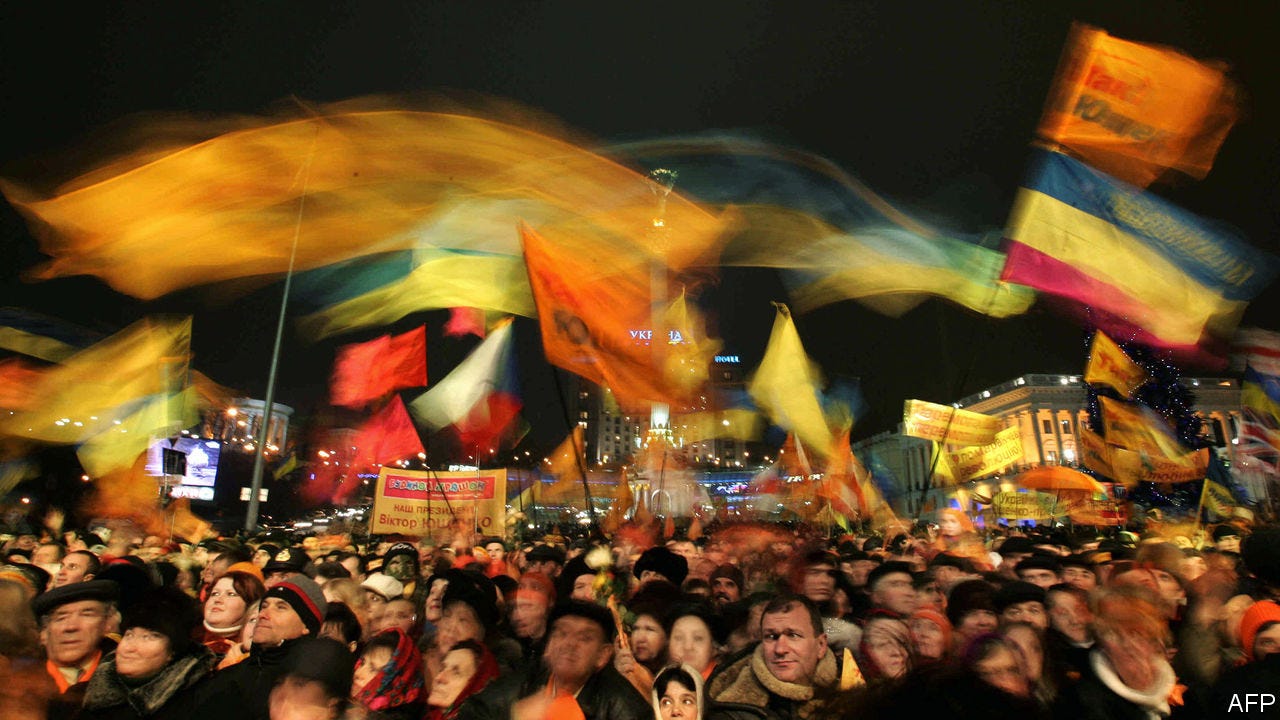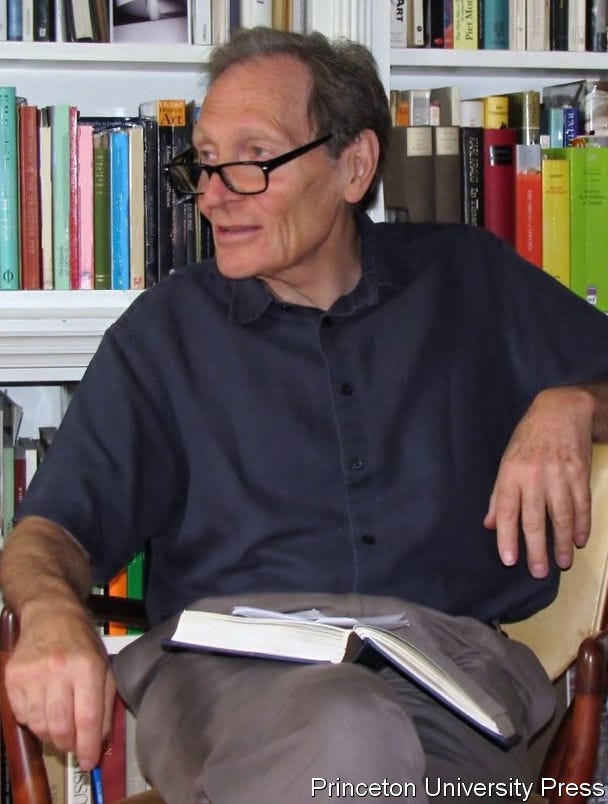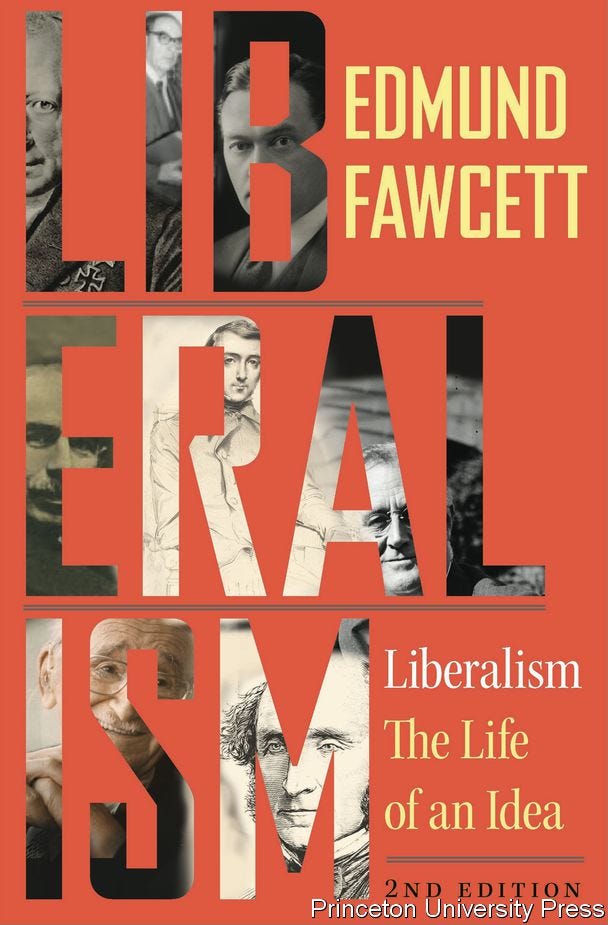Venham todos.
Paulo Roberto de Almeida
Temas de relações internacionais, de política externa e de diplomacia brasileira, com ênfase em políticas econômicas, em viagens, livros e cultura em geral. Um quilombo de resistência intelectual em defesa da racionalidade, da inteligência e das liberdades democráticas.
Este blog trata basicamente de ideias, se possível inteligentes, para pessoas inteligentes. Ele também se ocupa de ideias aplicadas à política, em especial à política econômica. Ele constitui uma tentativa de manter um pensamento crítico e independente sobre livros, sobre questões culturais em geral, focando numa discussão bem informada sobre temas de relações internacionais e de política externa do Brasil. Para meus livros e ensaios ver o website: www.pralmeida.org. Para a maior parte de meus textos, ver minha página na plataforma Academia.edu, link: https://itamaraty.academia.edu/PauloRobertodeAlmeida;
Meu Twitter: https://twitter.com/PauloAlmeida53
Facebook: https://www.facebook.com/paulobooks

In a word, liberalism needs to become democratic again.

Liberals do need to sound tougher. They need clearer, shorter, more vulgar ways to say what they stand for.


2018
| |
H-Diplo
Article Review
No. 769
23 May 2018
|
The fork in the road between Britain and Russia, it would seem, came on the issue of whether the ruler could be said to own everything in the country. In England, this idea was challenged and then rejected with the revolutionary consequence that the king had no more right to trespass on an Englishman’s freehold than anyone else did. Nor (eventually) could he exact financial penalties from his subjects—or do much of anything else, such as take away life and liberty—without due process of law. The idea that rights were something prior to government soon made England the most property-oriented country on earth.By contrast, in unhappy Russia, the czars’ claim to own everything carried only too much weight. The members of the Russian nobility often found themselves acting as collectors-of-tribute on highly revocable allotments. Serfdom persisted because the obligations of nominal landowners to the crown were too onerous to be met any other way. Whole categories of economic endeavor, such as coach inns and flour mills, were decreed to be the property of the royal family. When Lenin sought to ensure submission to the authority of his Soviets by ordering the pulping of old title deeds, he was acting in the tradition of the worst czars."
Render men’s possessions ever so equal, men’s different degrees of art, care and industry will immediately break that equality. Or if you check those virtues, you reduce society to the most extreme indigence; and, instead of preventing want and beggary in a few, render it unavoidable to the whole community.”
Hi Paulo Roberto,
Congratulations! You uploaded your paper 2 days ago and it is already gaining traction.
Total views since upload:
You got 48 views from Brazil, the United States, Canada, Ecuador, Mozambique, and Portugal on "As relacoes internacionais numa era de paradoxos".
Thanks,
The Academia.edu Team
A ficha completa do trabalho é esta aqui:
3272. “As relações internacionais numa era de paradoxos”, Brasília, 18 maio 2018, 12 p. Notas para alocução oral, como aula magna, para alunos de direito e de relações internacionais da PUC-GO, em 21/05/2018. Divulgado preventivamente no blog Diplomatizzando(link: https://diplomatizzando.blogspot.com.br/2018/05/as-relacoes-internacionais-numa-era-de.html), em Research Gate (https://www.researchgate.net/publication/325262459_As_relacoes_internacionais_numa_era_de_paradoxos), em Academia.edu (http://www.academia.edu/36676865/As_rela%C3%A7%C3%B5es_internacionais_numa_era_de_paradoxos), e no Facebook (https://www.facebook.com/paulobooks/posts/1917600168303424).
|